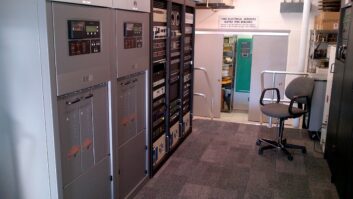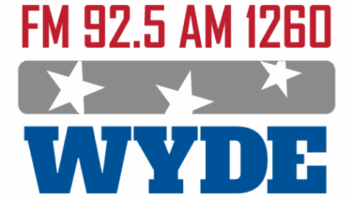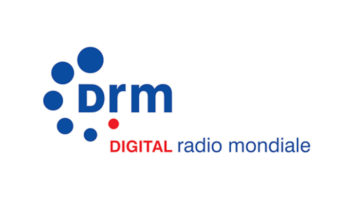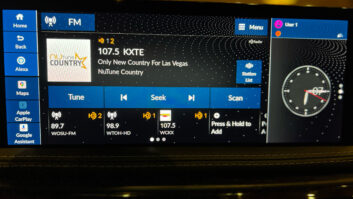In this letter to the editor, the author comments on the recent global IT outage caused by a faulty Windows software update deployed by CrowdStrike. Radio World welcomes letters to the editor on this or any story. Email [email protected].
The author is account director at Radio.Cloud.
As I read news stories and tweets on Friday morning during the CrowdStrike outage, I kept circling back to one thought: This type of incident will only become more common.
Even though it wasn’t a cybersecurity attack, hack or ransomware situation, it still crippled the infrastructure of many essential business sectors (think: medical, travel and emergency services).
And, while broadcast media wasn’t one of the top industries impacted, radio (and television) did not go unscathed on Friday [July 19]. No matter how briefly, there were stations in North America and Europe that were affected.
Which brings me to another thought: This type of outage can be avoided.
The company I work for, Radio.Cloud, and its worldwide affiliate base stayed operational without any issues. The reason why lies in our cloud infrastructure, which uses only cloud-native services without any traditional Windows machines.
The benefits of going cloud-native and not relying on hardware apply to increasingly more parts of the radio air chain, and to other facets of our industry.
While Radio.Cloud is a completely cloud-native radio playout and programming suite, we do have a small on-premises Edge Gateway with an additional layer of security. This server handles the last mile playout and stores forward up to two weeks of logs and audio to prevent an internet outage taking your station off air. The only connection is from the Edge Gateway to our cloud infrastructure located in two AWS regions in Ohio and Oregon. Thus, there is no risk of catching a virus or being brought down by a worldwide Windows update.
We’re nearly 25 years into the 21st century. As an industry, we must stop relying on these manual software updates and hardware upgrades. Even in facilities with a newer AoIP chain, reliance on constant software and hardware maintenance keeps the industry fighting an uphill battle.
Most importantly, staying on the air is directly connected to radio’s ability to serve communities across America. As the NAB fights to keep radio in the dash, we as an industry must prove that radio can continue to perform during these types of situations.
So, as disruptions like the CrowdStrike outage become more common, it’s our duty as broadcasters to modernize our mentality and infrastructure so that we can stay on the air and keep listeners informed.
[Check Out More Letters at Radio World’s Reader’s Forum Section]







